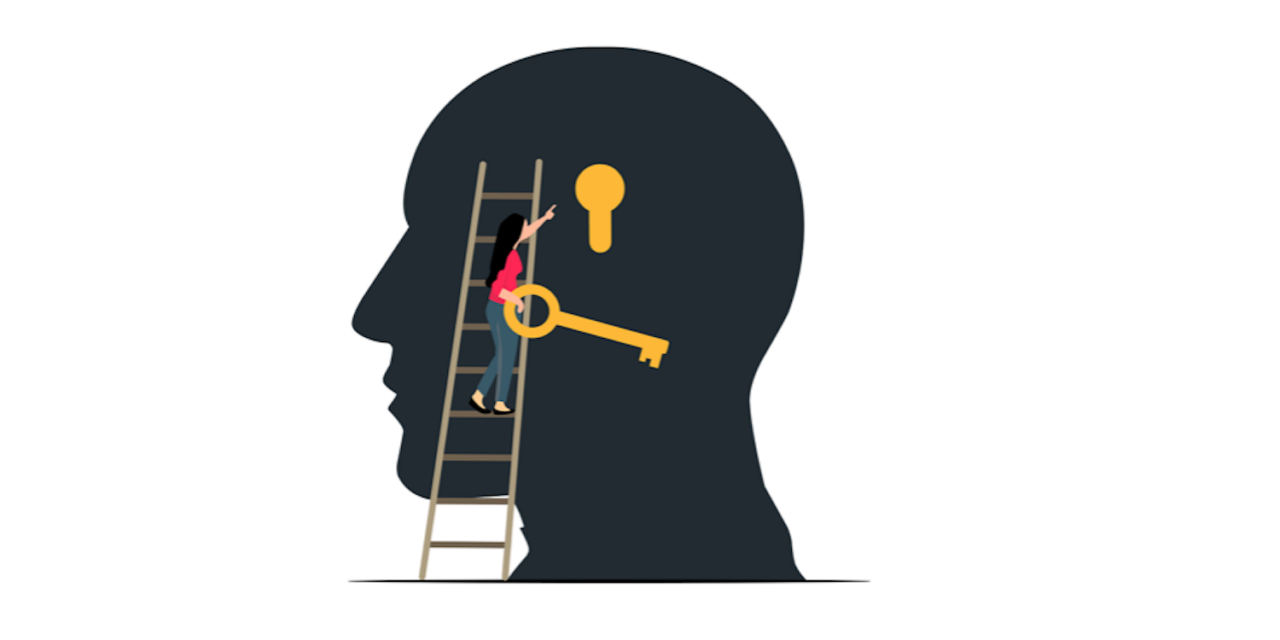The North Carolina Department of Health and Human Services (NCDHHS) is teaming up with the North Carolina Council on Developmental Disabilities to educate the public, caregivers and workers regarding some changes in state programs and the effect of those programs on residents with developmental issues.
According to the most recent stats, there are about 200,000 people in North Carolina with intellectual or developmental disabilities – and more than 215,000 who’ve had traumatic brain injuries.
The philosophy of state health officials is that everyone deserves access to health care that includes medical care, behavioral health care and community-based services – and also that those with developmental challenges should “be able to live and get the services in the setting that is the best fit for them to thrive.”
One way to make sure that happens is by getting information out regarding the current changing landscape on how services are offered. For instance, there’s a lot to know about the upcoming implementation of Medicaid expansion when it comes to providing help for those with developmental disabilities. Under the new system, NCDHHS will be able to “use existing funding for harm reduction, prevention and direct support for individuals with intellectual and developmental disabilities and traumatic brain injury.”
Those with brain injuries and developmental disabilities who are being released from prison and jail could also be affected by changes. This month, administrative entities across the state began providing a host of home and community-based services to Medicaid beneficiaries who face serious mental health issues, brain injuries and developmental disabilities. The state’s Justice Release, Reentry, and Reintegration Initiative: Alliance for Disability Advocates North Carolina is providing individualized re-entry services for former inmates facing these issues.
In addition, NCDHHS is taking steps to make sure that people with developmental issues have choices of work and have the ability to work in integrated settings with fair pay – if they choose to work. To that end, NCDHHS is updating its website to provide clearer communication about the latest resources for members and providers.
There are also upcoming state budget items and discussions that have implications for those with developmental disabilities.
To help people understand many aspects of the enacted and proposed changes, a statewide virtual and in-person town hall will be held on Thursday, August 10 at 6 p.m. At that event, after opening remarks, NCDHHS Secretary Kody Kinsley and NCDHHS Director of the Division of Mental Health, Developmental Disabilities and Substance Use Services Kelly Crosbie will answer questions from both in-person guests and virtual participants on Zoom. The department will also provide updates on a number of current initiatives.


This is the kind of people that Greensboro attracts and wants as residents. We ALL are going to need help before long. With low-income housing being built all over the city and in ALL communities and all sections of town we are ALL living in these areas of town. Good luck Greensboro citizens!!!
Martin, I’m not sure what you were getting at with your comment. But I do know this from life experience. Traumatic Brain Injuries can occur at any time in life and be devastating to a family. It may be a car accident, a fall, the result of a war injury, or a medical event, but whatever the cause it can totally alter the person’s life and that of the family.
Developmental disabilities can be caused by genetic or birth defects and are also devastating financially and emotionally to families. Every community has people living in their neighborhoods with families who need the help and support of medical systems, rehabilitation facilities, therapy clinics, financial aid, and charitable organizations to help them during the life of the person with these disabilities.
I’m not sure what the new enhanced Medicaid program option will mean in helping families with in-home care, therapy, or rehab options but I’m interested in finding out. I personally don’t have much confidence that much will change in relieving families of the incredible burden of caring for family members with extraordinary care needs that are constant 24 hours a day their entire lives, needs that are beyond the scope of imagination of most people. The way this is written it seems it’s aimed toward those who have been incarcerated and more of an “equity” program and not for those who already have needs that are unmet.
Greensboro doesn’t “attract” people with brain injuries and developmental disabilities. No city does. Our County is greatly lacking in local services for people who have medical needs and aren’t insured or able to privately pay for assistance. I know that from personal experience. The only help you will get is from generous friends and family, and that doesn’t happen often. Charitable organizations are stretched to the limit, so if you have the opportunity donate your time or money so they can continue to help those who have a need.
So which one of you geniuses, Hammer or Yost, is the editor of the others BS? Maybe you all play the role for each other. If so, then Mr. Hammer, spell much? The headline of this piece starts with initials that don’t match the North Carolina Department that the piece talks about from that point on, “NDDHHS“? Maybe you are talking about the North Dakota?
My wife has development disabilities, most of which developed after we got married, some 8+ years ago.
Can you send someone over?